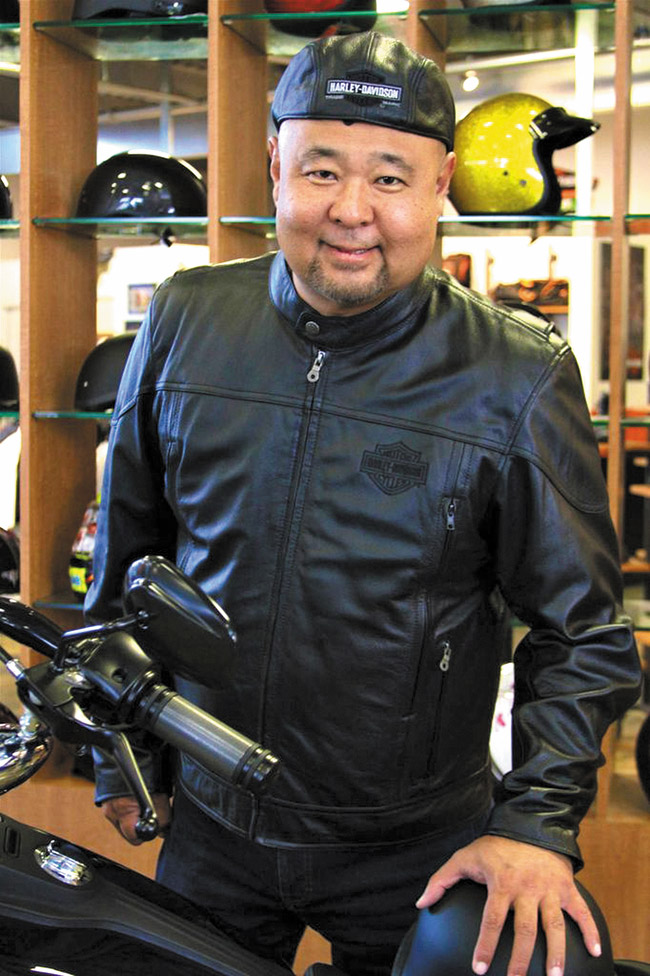Phil Abbot
Nearly three decades after appearing on MidWeek‘s Oct. 16, 1985, cover with then-KPOI morning co-host Robert “Rabbett” Abbett, Phil Abbot has returned to Hawaii’s airwaves.
“My career has taken me through a lot of changes,” he says.
For 17 years, Abbot worked on the Mainland, first in Phoenix for almost two years, and then in Los Angeles alongside the likes of KIISFM’s Rick Dees. It was during this time that he began working with Japanese radio station InterFM, providing Hollywood news and updates from Dees.
“(It was) really a highlight of my career,” he says, “insofar as, you know, what could be done and the creativity of it, working with people like Rick Dees and his staff. It was a very exciting time.”
After sons Eric and Justin graduated high school, he and wife Joyce decided they would return to Hawaii. In 2009, the family made the move back home after Abbot was hired and trained by the late Kimo Akane to join Hawaiian music radio station KAPA-FM.
“It was also a very rewarding experience, working on the Big Island where I’m from originally,” he says.
In February 2012, Abbot returned to Oahu with SALEM Communications as program director and morning show host at Country 97.5. Last June, he made the switch to 107.9 Kool Gold’s morning show as its program director and morning show host, and continues as program director for Country 97.5.
As program director, Abbot oversees the music and sound on both stations, as well as its disc jockeys and promotions.
“It’s been great – I really enjoy doing both stations,” he says. “With Kool Gold, I’m a little more familiar with the music because I grew up with it, so it’s a little more comfortable and more natural than doing country, which I really grew into.”
Abbot also continues to be a voice in Japan with Tokyo-based station 76.1 InterFM for its Hawaiian music radio program, iHeart Hawaii. Presented in English, the program features rotating segments with various DJs. Abbot’s show, “Tunin’ Hawaii,” focuses on traditional and contemporary music. Though Tokyo is a much larger market than Honolulu, Abbot says there are only a handful of FM stations.
“It’s a little more like old free-form radio from the ’60s-’70s in America,” he says. “Back when there were fewer radio stations in each market and creativity was encouraged without a fear of DJ’s ‘talking too much.'”
In the meantime, he has no plans to return to the Mainland. “I love it – this is home,” he says. “I don’t foresee myself moving away from here ever again.”






